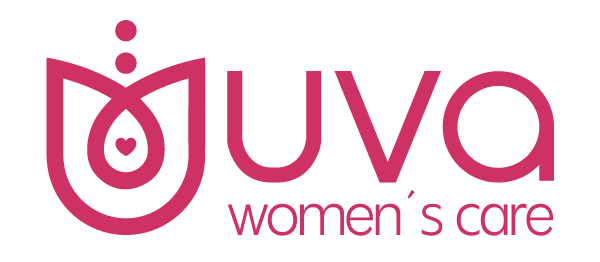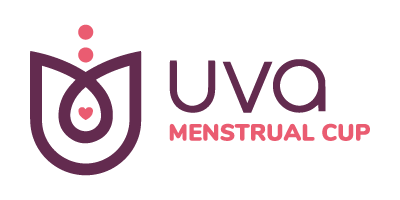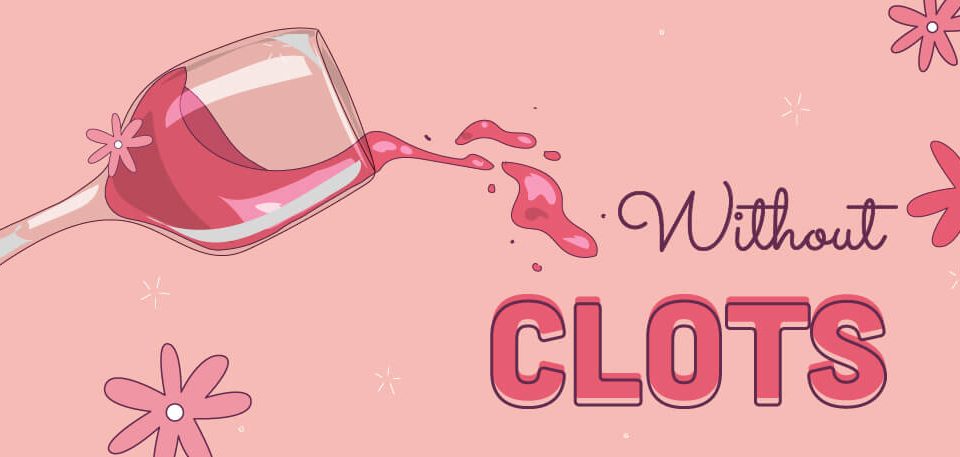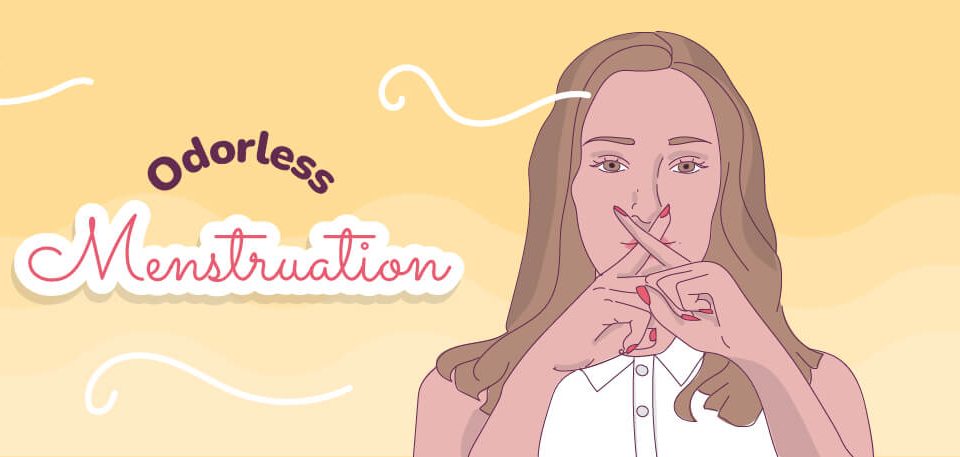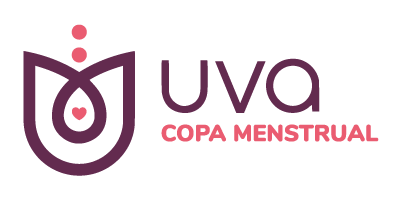 Store
StoreRECOMMENDED PRODUCT
Uva Menstrual Cup
Ultra-soft silicone for your comfort and peace of mind.
$29.99
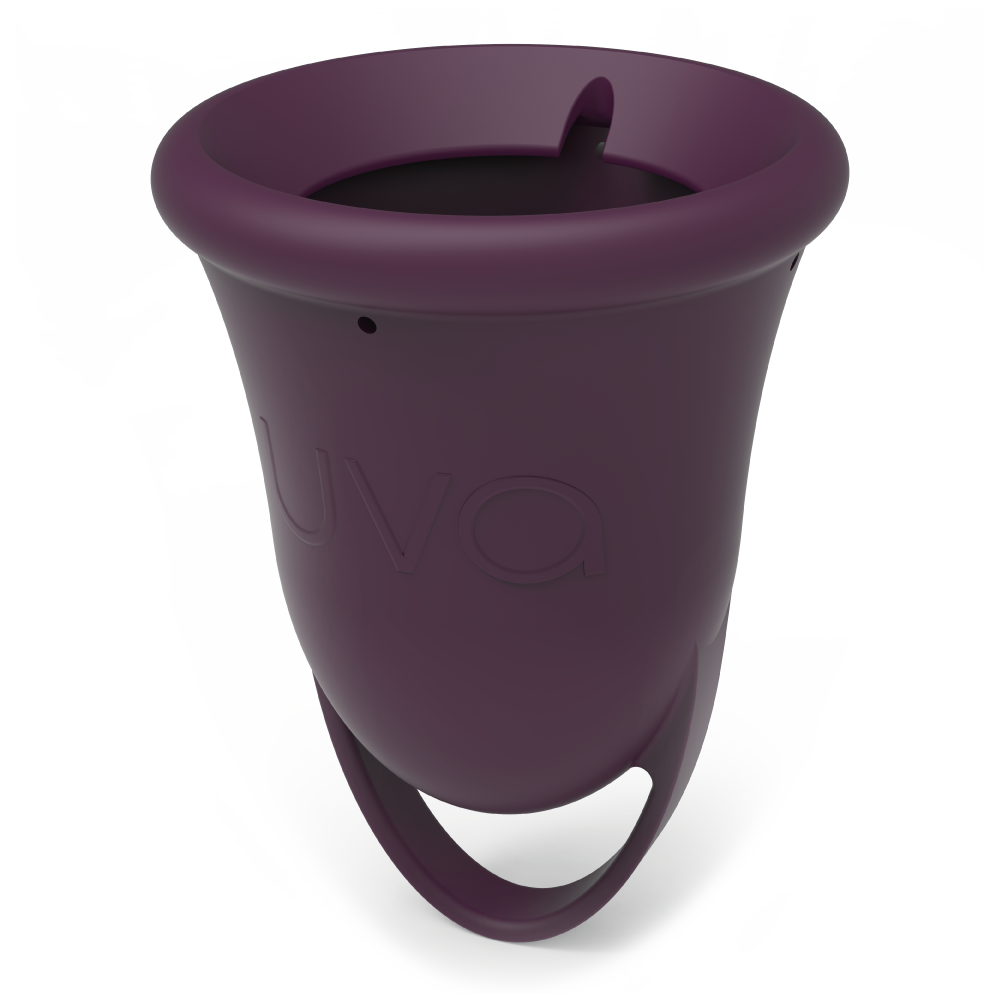
 How to use the cup
How to use the cup- FAQ
- Blog
 Store
StoreRECOMMENDED PRODUCT
Uva Menstrual Cup
Ultra-soft silicone for your comfort and peace of mind.
$29.99

 How to use the cup
How to use the cup- FAQ
- Blog
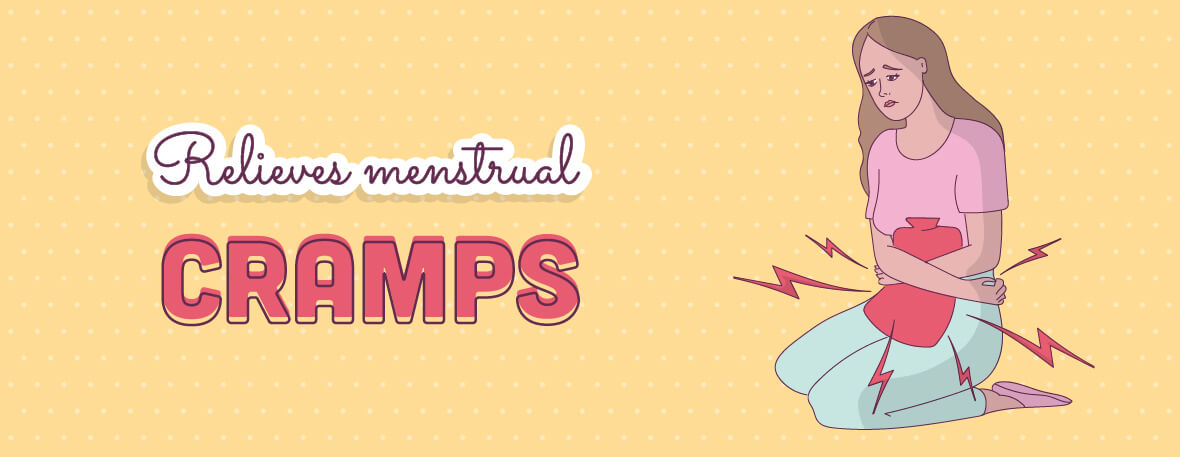
How to get rid of menstrual cramps
Menstrual cramps can be a very uncomfortable experience for many women. Medically known as dysmenorrhea, these pains are caused by the uterus contracting to discard its lining through the vagina. Although it is a natural process; cramps can be painful and significantly affect the quality of life for a woman. Luckily, there are a couple of natural ways to relieve these pains without having to resort to medications or drugs. In this blog, we will talk about 10 natural methods that have been proven effective in alleviating menstrual pain for many women.
Before you try any home or natural remedy. It is important to consult with a health professional; especially if your menstrual cramps are severe or have suddenly changed. They could be indicative of medical conditions that require specialized care.
1. Heat Application
Applying heat to the abdominal area can help relax the muscles of the uterus, reducing the sensation of pain. Local heat helps accelerate blood circulation to the area, which reduces pain. A study published by the US National Library of Medicine found that heat was as effective as non steroidal anti inflammatory drugs in relieving menstrual pain.
Ways to Apply Heat to the Area:
- Use a hot water bottle or heating pad.
- Take a hot water bath.
- Apply hot compresses.
2. Regular Exercise
Physical exercise can reduce the intensity of menstrual cramps by releasing endorphins, known as ‘happy hormones’, which are natural pain relievers. Physical activity also helps improve circulation and reduce stress. In other words, our bodies change when we exercise regularly. The heart pumps blood more quickly, which helps to have greater circulation in the body, including the genital area of the woman.
Recommended Types of Exercise:
- Light walking or jogging.
- Yoga, especially postures that stimulate the pelvic area.
- Core stretching and strengthening exercises.
3. Balanced Diet
A diet rich in nutrients is essential to reduce menstrual cramps. Anti inflammatory, magnesium-rich foods, such as leafy green vegetables, nuts, and seeds, may be especially beneficial. You can also drink hot drinks that are good for circulation and pain, such as mint teas.
Recommended Foods:
- Dark green leafy vegetables such as spinach and kale.
- Nuts such as almonds and walnuts.
- Legumes and whole grains.
4. Hydrotherapy
Hydrotherapy, which includes alternating hot and cold baths, can improve circulation and help relieve menstrual cramps. The alternation of temperatures stimulates blood circulation and can reduce inflammation.
How to Practice Hydrotherapy:
- Alternate hot and cold showers.
- Use hot and cold compresses alternately on the abdominal area.
5. Relaxation Techniques
Stress can exacerbate the intensity of menstrual cramps. Relaxation techniques such as meditation, deep breathing, and mindfulness can contribute to reducing stress and, therefore, reducing pain.
Relaxation Methods:
- Guided Meditation.
- Diaphragmatic breathing.
- Mindfulness practices.
6. Medicinal Herbs
Certain herbs have properties that can help relieve menstrual cramps. However, it is important to consult with a professional before consuming them, as some may interact with medications or have side effects.
Some Beneficial Herbs:
- Chamomile is known for its anti-inflammatory properties.
- Ginger can reduce the intensity and duration of pain.
- Cinnamon has antispasmodic and anti-inflammatory properties.
7. Acupuncture and Acupressure
Acupuncture and acupressure are traditional Chinese medicine techniques that can be effective in relieving menstrual cramps. This practice involves inserting fine needles into specific points on the body, while acupressure involves applying pressure to these points.
Benefits of These Practices:
- Improves circulation in the pelvic area.
- Reduces inflammation and pain.
- Helps balance hormones.
8. Nutritional Supplements
Supplements can be a valuable addition to your diet to help relieve menstrual cramps. Magnesium, omega-3, and vitamins B1 and E are effective. You should always consult with a health professional before starting any supplement.
Recommended Supplements:
- Magnesium: helps relax the muscles of the uterus.
- Omega-3 has anti-inflammatory properties.
- Vitamins B1 and E can reduce the pain and duration of cramps.
9. Avoid Certain Foods and Drinks
Some foods and drinks can exacerbate menstrual cramps, such as those that cause bloating or water retention. It is advisable to limit or avoid these substances during menstruation.
Foods and Drinks to Avoid:
- Foods with a high salt content.
- Caffeinated drinks.
- Alcohol.
- Processed foods with added sugars.
10. Therapeutic Massages
Massages in the abdominal and lower back areas can help relieve menstrual cramps by improving circulation and relaxing tense muscles. Using essential oils during the massage can enhance the relaxing effects.
Massage with Essential Oils:
- Use oils such as lavender or rosemary mixed with a carrier oil.
- Perform gentle circular massages in the abdominal area.
- Extend the massage to the lower back and legs if necessary.
Summarizing; there are numerous natural ways to relieve menstrual cramps that can be incorporated into your daily routine. It is important to remember that everybody is different; and what works for one person may not be effective for another. Therefore, it is essential to listen to your body and find the method or combination of methods that best suits your specific needs.
While these methods can be effective, it is crucial to consult with a health professional if your menstrual cramps are severe or have changed patterns. Additionally, these recommendations should not replace professional medical advice, especially in cases of underlying conditions that require specific treatment.
